I love a good political memoir.
Particularly if they are written by someone with a good sense of humour and an even better grasp of their own strengths and failures.
The Alan Clarke diaries are an indispensable guide to the Thatcher years, the Alastair Campbell diaries your essential guide to the Blair Years.
It’s telling that perhaps there isn’t an equivalent diarist for the years that followed.
Is that perhaps because the political events were more interesting than the politicians then themselves?
The independence referendum, the EU referendum and the Covid pandemic have all defined our political times more so than anyone individual.
In to this vein steps Nicola Sturgeon, who this week agreed a publishing deal with Pan Macmillian to publish her autobiography.
Most political biographies have very quick turnarounds.
Publishers tend to want the copy quickly so the book is as relevant and topical as possible.
On sale whilst its author is still at the forefront of the public consciousness.
I thought it was notable that Nicola Sturgeon’s book is set to be published in 2025.
Perhaps reflecting that there are some significant developments in her own story still to be written.
Memoirs hold power
Not long after I left the leadership of Scottish Labour I was approached by a publisher and asked if I had any plans to write about my experiences.
I toyed with the idea long enough to write a book structure and to give it a working title which amused me if no one else.
“Hard Labour” was never written because in truth I struggled with the idea there was an audience for it.
Still in my late 30s at this point, I still believed I was too young to be a “former” anything and didn’t want to be defined by something that was now in the past behind me.
That said there were lots of interesting things I could have said or shared about the key moments of that time, to win the independence referendum for example and to feel relief rather than joy.
Then what it was like to be sat in Labour’s HQ and watch 40 of Scottish Labour’s 41 seats fall in the 2015 General Election that followed. The rise and fall of Jeremy Corbyn etc.
Of course each of these difficult events for Labour proved moments of great advancement and success for the SNP and Nicola Sturgeon in particular.
Her memoir will provide a first person account of these critical moments in Scotland’s political history.
That’s the power and potency of memoir. It will be both history and her story.
Ex-politicians should focus on existential issues
No, if there’s a book in me, it would be about the future.
The great social and economic challenges of our time that our political world is yet to fully grasp let alone know how to respond to.
Like what an ageing population will do to demands on public services.
Economists are already predicting that in just a few decades time, 50p in every public pound will be required just to let the NHS stand still.
The role for politicians who have left the front-row of the political arena for me is to focus on these big existential issues that our current leaders simply don’t have the bandwidth for.
In different ways, people like Tony Blair, William Hague and Gordon Brown do this extremely well.
They deploy their experience and immense knowledge on the issues which don’t get the attention they really should, like artificial intelligence as Tony Blair does.
Or the link between nutrition and inequality that William Hague does. The work Gordon Brown does on girls’ education in Global South will stand the test of time.
I’ll buy Nicola Sturgeon’s memoir because I’m fascinated to read about the Scotland she saw and experienced over those momentous years.
But I’d much rather read a book about the future.
Where everything she’s learned and experienced is applied to what lies ahead of us.
That’s what makes a good politician great, is it not?
Rudimentary means unsafe
This week saw the first few residents step on board the Bibby Stockholm.
You may have seen pictures of this enormous barge off the Dorset coast.
A floating visualisation of the UK Government’s failed immigration and asylum system.
A place to house some of the 176,000 people who have traversed across the globe, fleeing the most horrendous circumstances.
People whose asylum claims await processing.
Just before it received its first guests, the immigration minister Robert Jenrick was asked about the conditions on board.
He replied they were “rudimentary” and then confirmed that this was by design.
The basic nature of the facilities were supposed to be a deterrent to coming to this country, just like the Rwanda deportation policy.
The psychology of this amazes me.
Why would these policies be a deterrent when boarding an over-crowded inflatable dinghy in the middle of the night, knowing how many thousands of people before you have drowned, is not?
In less than seven days, residents of the Bibby Stockholm are being rehoused on land.
Not because of the Government’s change of heart, but because there’s Legionnaires on board.
We know now that rudimentary means unsafe.
Just as we know there’s no deterrent to people seeking a better life.








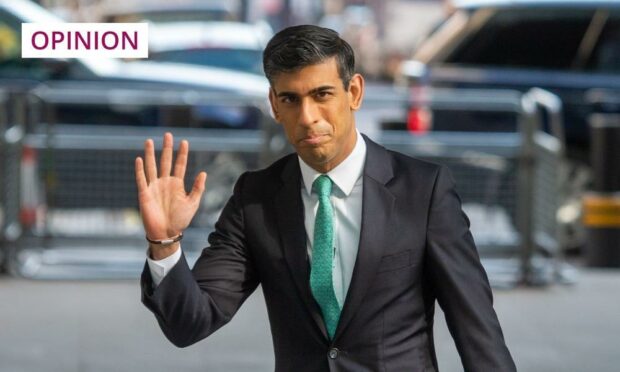
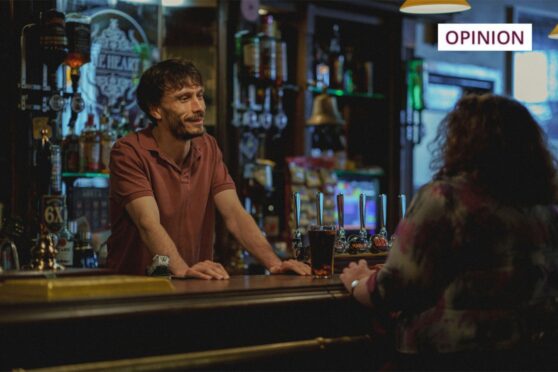
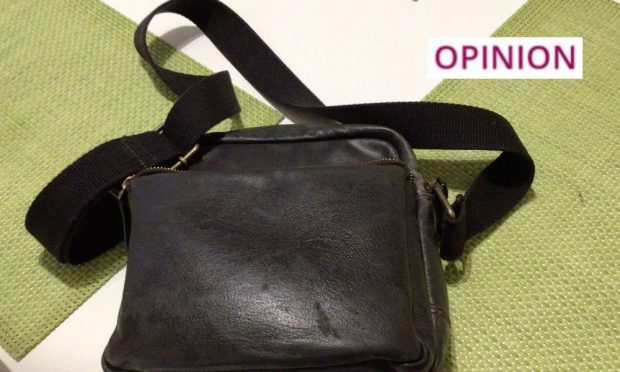

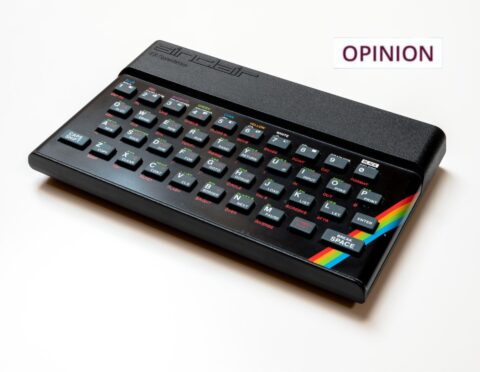

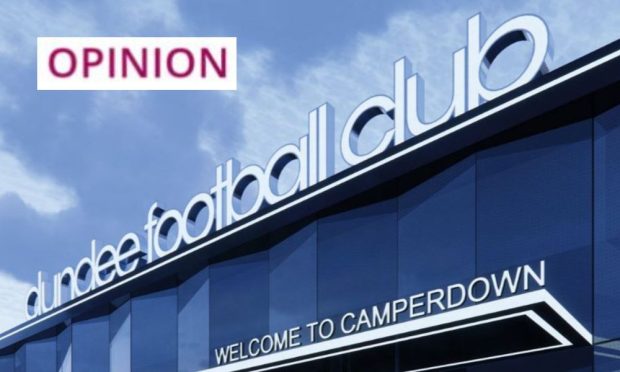
Conversation